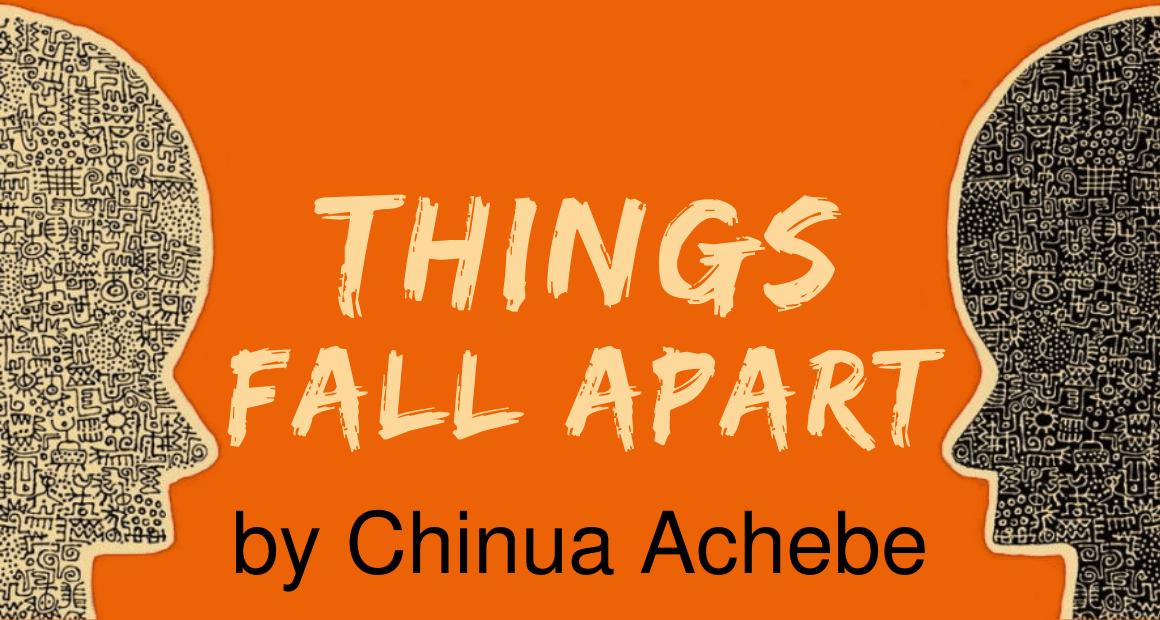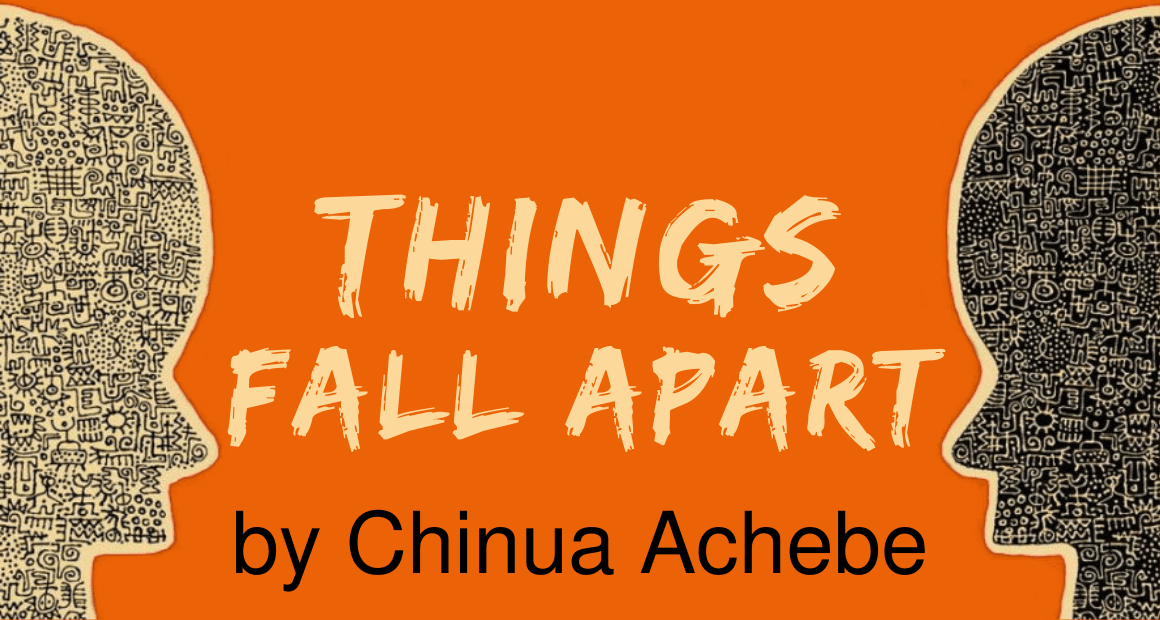A Critic's Meta Review: 4/5

Things Fall Apart by Chinua Achebe (REVIEW)
If it had not been for my lifelong obsession with hip hop music, particularly the variety of it in which the verses are densely compacted with complex rhyme schemes and artfully crafted, thought provoking lyrics, typically laid over instrumentation that is highly conducive to head bobbing (as well as the formation of the occasional stank face), I most likely would not have ever thought to read this book. This is not because I have some sort of aversion to works of literature penned by acclaimed Nigerian novelists - it is more so a testament to my commitment to making sure that I fully comprehend all of the content that is being presented to me by each and every MC that happens to grace my ear holes with some words that sound like other words, delivered in meter and with charisma.
In my estimation, there is not a single MC on Planet Earth (nor on any of the other ones, I would wager) that can match the level of pure skill and outright mastery of rapping as an art form that has been consistently demonstrated by Black Thought, the esteemed verbal representative of Philadelphia’s very own Roots crew (?uestlove is still, however, very much not in the house). The proof, as it were, is in the proverbial pudding; the man requires very little introduction.
In addition to being a lyrical wordsmith genius, my man Tariq is evidently an avid reader: the album that I, along with many others, consider to be their magnum opus is named after a novel that I, along with many others, consider to be one of the crowning achievements of African literature (although I have yet to make my way through No Longer At Ease - this book’s sequel - so perhaps I may be speaking too early).
The way this book seamlessly takes the narrative that is initially established of Okonkwo being some crazed, ultra-conservative lunatic who is so wrapped up in preserving the conditioned, “traditional” way of conducting oneself that he is unable to connect with his family, particularly his children, at any real, meaningful level and completely flips it on its head with its final critique aimed squarely at the very colonial forces that sought to “reform” these so-called “savages” and “refine” their “brutish” conditions (alright, that is more than enough air quotes for today...phew; my fingers hurt, man) is simply astonishing.
Truly a work of beauty.
Thank you, Tariq Trotter (and the rest of the marvelously merry men that comprise that almighty Roots crew)!

